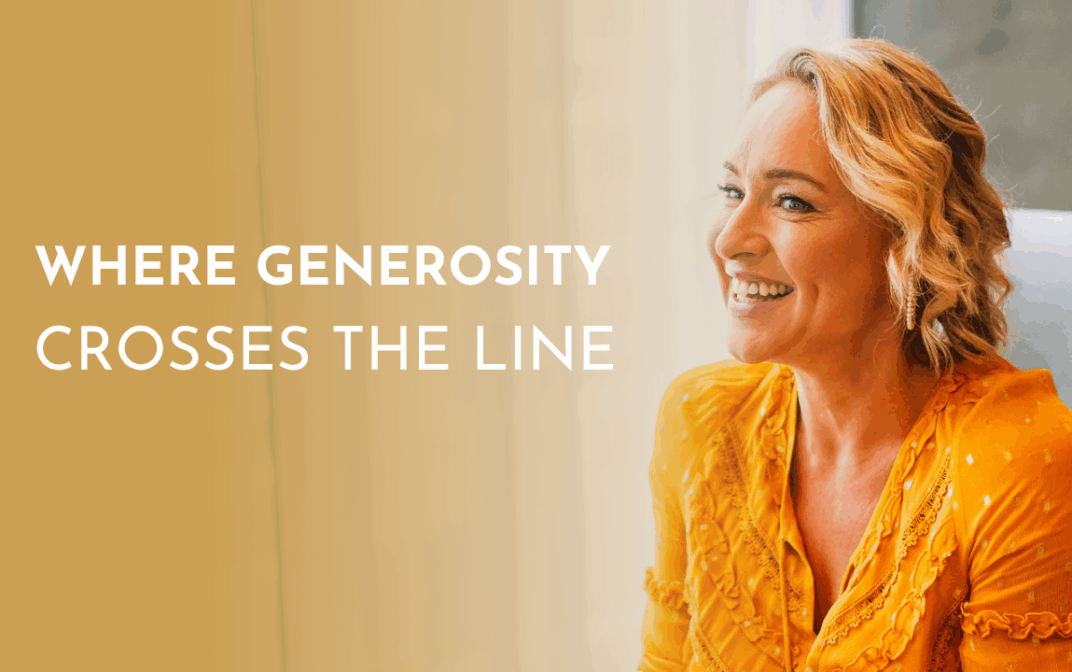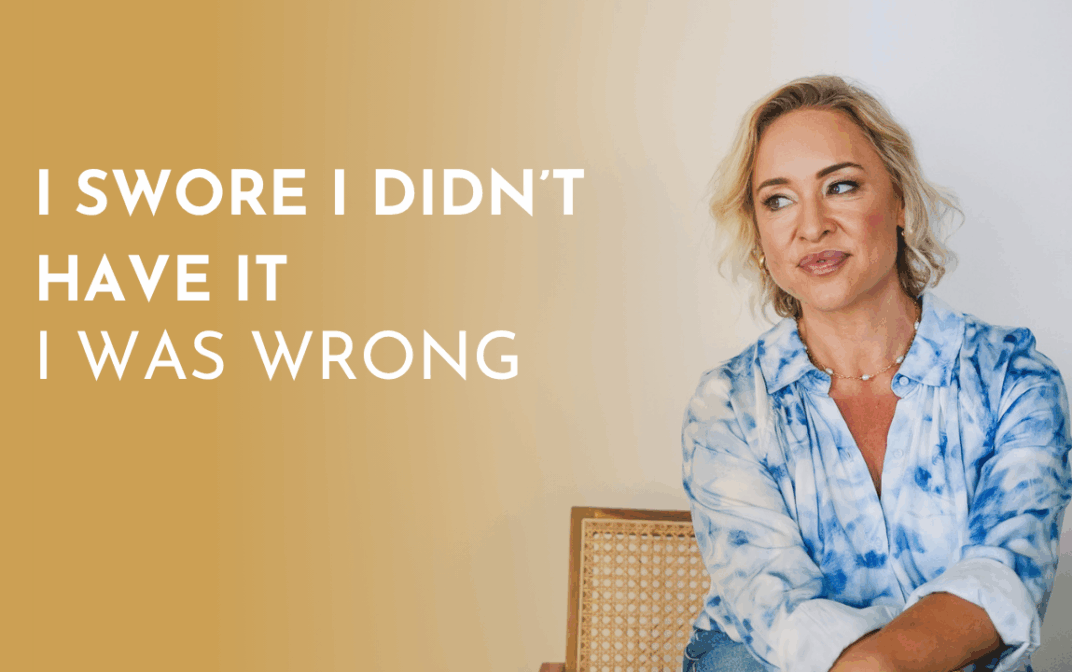A lot of folks I know (myself included) have either been through so much therapy or taken so many personal growth seminars that they’re hyper-focused on not screwing up their kids.
And while I think that every soul who comes into this world has their own karma and that we’re not solely responsible for our children’s personal experiences of being human, it’s nonetheless probably a good idea to be aware of what we’re teaching them. It’s our job to do the very best we can, that’s for sure.
Along these lines, one of the most common questions I get asked is how to teach kids about money in a way that’s sane and supportive.
Recently, I had the opportunity to speak for an amazing organization based out of Boston called Invest In Girls. They teach high school girls about money. The organization even made up their own word for financial literacy that I love. They call it speaking “Finglish,” as in “Financial English.”
As I made the two-hour trip down to Boston from Portland I pondered what I could teach these girls. I thought about myself at age 16 and what I most needed to hear at that time. I thought about the messages about money that our culture gives us. I thought about what money means to a teenage girl.
When I’m asked how to teach kids about money, I always preface my answer by saying that I’m not yet a parent so this answer may change after living it for a while.
But, what I do know is this:
 Modeling is everything.
Modeling is everything.
We all know that people will do what we do, not what we tell them to do. Mama birds don’t get books on how to fly and sit with their chicks in the nest, going over how to do it. Nope. They just spread their wings and go, and eventually their babies follow.
I have no idea what the women and girls I spoke with last Thursday got out of our time together.
But I told them my own story of getting into (and out of) debt. I told them that in my early twenties I spent a lot of money that I didn’t have because I wanted my life to look perfect and I wanted to look like I had it all together. I gave them some exercises to do to tap into trusting their intrinsic worth as women.
And, most important of all, I showed up as a woman on the path to greater financial consciousness, greater freedom, and greater love.
Studies show that, ultimately, what you say will only account for 10 percent of what people take away from an interaction with you. The rest is made up of your tone of voice, your body language, and other non-verbal cues.
So, when it comes to teaching your kids (or anyone else) about money (or any other subject, for that matter):
 It matters far less what you say than what you do.
It matters far less what you say than what you do.
The answer, then, is that if you want to teach your kids about money, it’s wise to learn about money and then exhibit healthy financial behavior yourself.
Your behavior will leave an indelible impression. Your words are easily washed away.
Want more?
 If you want to ramp up your own financial health to become a better role model for your kids and your community, grab the recording of the free webinar I taught earlier this week: Financial Renewal: How to Avoid the 5 Most Common Money Mistakes People Make.
If you want to ramp up your own financial health to become a better role model for your kids and your community, grab the recording of the free webinar I taught earlier this week: Financial Renewal: How to Avoid the 5 Most Common Money Mistakes People Make.
CLICK HERE FOR THE RECORDING.

And if you’re ready for an even deeper dive into healing your relationship with money and creating more abundance than you ever thought possible, check out The Money Love Course.
This 4-part course in making, growing, giving, and receiving more value will give you a super solid foundation to model healthy, sane, supportive behavior around your money.
It’s good for both your financial future and your kids’.
CHECK OUT THE MONEY LOVE COURSE HERE.Over to you:
How do you teach your kids about money? What are your most effective strategies? How have you found modeling to be effective in your life, either in learning from watching someone else or in teaching others?
I’d love to hear from you, so leave a comment below!






5 comments